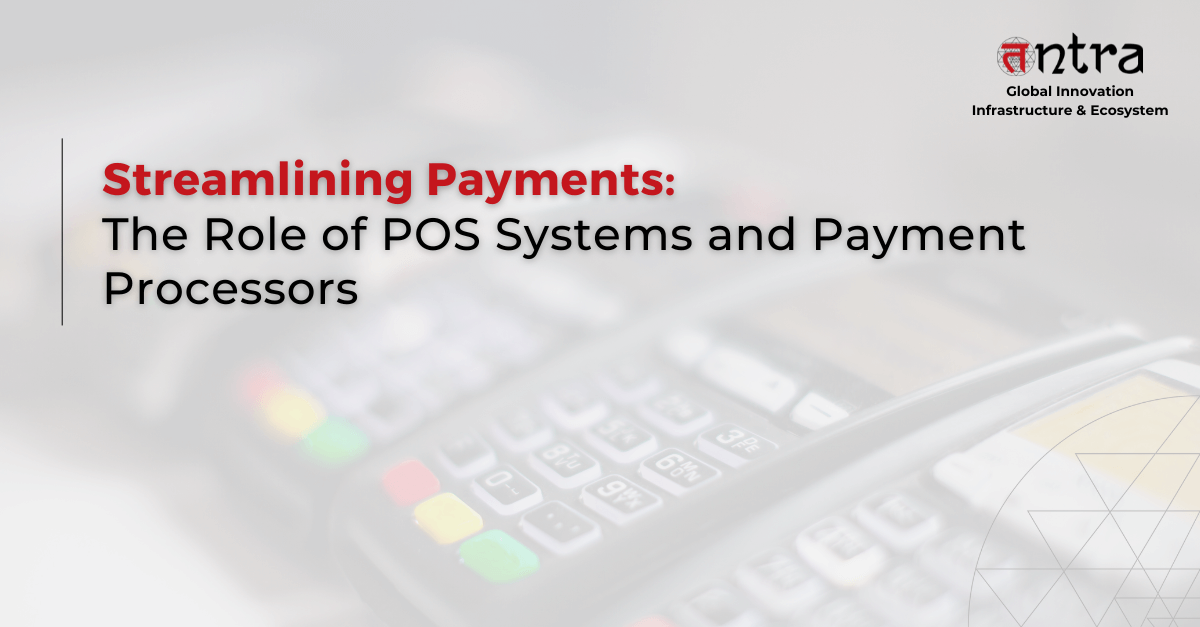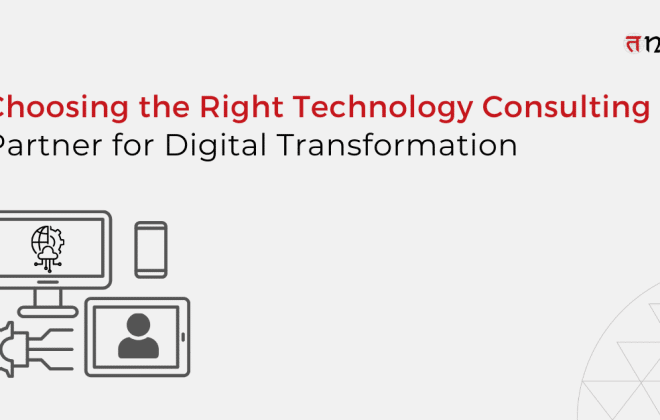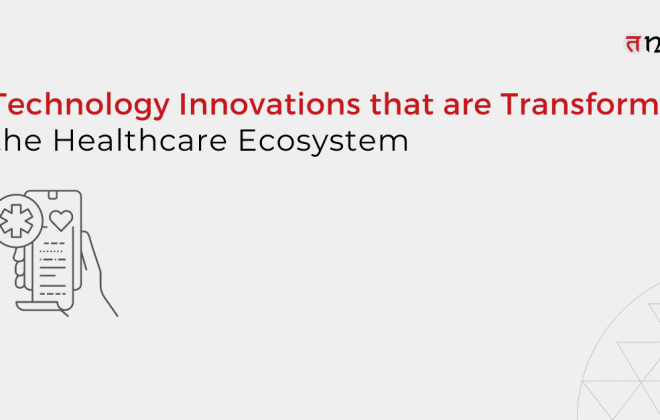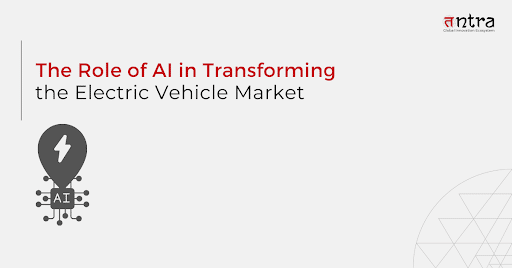
Streamlining Payments: The Role of POS Systems and Payment Processors
Table of Contents
ToggleThe Evolution of Payment Processing Solutions
POS system providers and payment processors revolutionized business transactions engaging quicker, secured, integrated payment journeys. From choosing the best POS software to digital transformation, companies can offer seamless payments through cloud-based systems, EMV processing, and online payment gateways. Enterprise payment processing: With technology consulting and fintech development services support, enterprises can meet the demand for cashless payments and enhance payment security and overall efficiency. Continue reading to learn more.
Let’s be real — if you’ve ever found yourself behind someone at a checkout who’s had to search their pockets for cash, you’ve probably wished for a world where payments take the form of a swipe (or a tap). And guess what? We’re already there, courtesy of technology innovation in point-of-sale (POS) systems and payment processing solutions. From quaint coffee shops to thriving retail chains, this dynamic duo helps businesses process payments faster, safer, and more efficiently.
But how do the POS systems and payment processing piece together to deliver a frictionless experience? When implementing this, what are your objectives for selection? Let’s explore further.
POS Systems: Smart Core of Integrated Payment Systems
A point-of-sale (POS) system is far more than a cash register—it’s the focal point where transactions occur. Today, POS systems can also take care of sales and inventory-management, customer data and even measuring the performance of employees. If so, you may be aware of the importance of a good POS system for small business that need the best POS software to keep things running smoothly and organized.
It must be easy for a small business to use it and scale along with the company, meaning having functionalities like mobile payments, digital receipts, as well as inventory tracking. Bringing together a combination of hardware and software in one POS-card readers, barcode scanners, receipt printers-allows enterprises to process a transaction in lesser time and ultimately attain more efficiency in their overall operations.
Payment Processors: Driving AI-Driven Payment Automation
While the POS system takes care of the front-end transaction, merchant payment processing does the magic at the back end. Basically, payment processors are middlemen between the business and the customer or financial institutions that ensure money flows from the customer’s account into the merchant’s smoothly. Be it approvals, the transfer of funds, detection of fraud-all this and lots more is taken care of by them.
The key to success is integrated payment systems wherein the POS system works along with the processor. This essentially means no more manual errors, which in turn cuts down delays in payments and helps in security. For businesses offering multiple ways of pay-EMV chip cards, mobile wallets, and contactless payment processing-the integrated approach is a game-changer.
Why Integration Matters: Speed, Security, and Satisfaction
For instance, think of a customer tapping his phone for a quick payment and the POS instantly updating the sales data while the processor confirms in real time that this transaction is valid. No delays. No awkward waiting. That’s the power of integration.
Today’s customers demand more than cash or credit card payments, which is the reason most enterprises are shifting toward cloud-based POS solutions for flexibility, scalability, and remote access. Restaurants can update menu options in real-time or analyze sales data across locations using a cloud-based system.
Additionally, EMV chip card processing has become more than a necessity for businesses seeking to improve their security. Unlike magnetic stripe cards, EMV chips create unique codes for each transaction, preventing cloning and skimming fraud.
Digital Payment Gateways: Secure and Versatile Transactions
As more businesses increasingly adopt methods of digital payments, an efficient digital payment gateway has become highly crucial for online and in-store transactions. The payment gateway represents a bridge between your POS and a payment processor, encrypting sensitive details in payments for safe passage. This is most critical to an e-commerce business wherein customers build trust in the safety and smoothness of online checkout.
That is, your preferred gateway is at least compatible with your current POS hardware and software, can support multi-method payments, and also allows for both domestic and international transactions.
Choosing the Correct POS System and Payment Processing Solutions
Among so many options, it may be difficult to find a correct match between the POS and payment processing. Here’s a quick checklist to narrow down the right one:
- Ease of Use: It should not require intensive training.
- Scalability: Does it grow with your business?
- Security: Does it have features such as EMV, contactless payments, and fraud detection?
- Integration: How well does it integrate with your payment processor and other business tools?
Driving Innovation with AI-Powered Payment Solutions
Digital transformation is no buzzword, but an innovative strategic shift. Accordingly, more and more companies from different industries seek the help of software product engineering companies in designing scalable and custom payment solutions. In that direction, the power of software product engineering companies is leveraged to assist businesses in building cutting-edge payment applications for their businesses.
For example, most retail chains work with fintech app development services to provide mobile apps featuring integrated payment options, loyalty rewards, and real-time tracking. These apps integrate strong digital payment solutions to give a seamless experience to customers.
Cashless Society: The Future of AI-Powered Transactions
A cashless society once sounded like something out of science fiction, but it’s now increasingly a reality. As more and more people switch to cashless payments, businesses will have to stand prepared for the demand to accommodate mobile wallets, QR codes, and even cryptocurrency.
This is being driven by a combination of financial services software and digital transformation solutions as such that streamline operations while reducing the cost of handling cash. For example, retailers can analyze transaction data to optimize staffing, product placement, and marketing campaigns.
The Role of Technology Consulting and Security Solutions
While embracing new payment technologies, companies are introducing new risks. Technology consulting solutions and payment security solutions are crucial in ensuring sensitive payment data is safeguarded from potential cyber threats.
Fintech companies are at the forefront in developing FinTech solutions that address such concerns by balancing strong security features with innovative functionalities like tokenization and multi-factor authentication. Such challenges could be overcome by collaboration with a software product engineering company while remaining competitive with state-of-the-art developments in the field of payments.
Ease of Integration with Fintech Apps
With an increasing development solution for fintech apps, companies can now build customized mobile applications that make the payment experience even better. Be it a loyalty reward system or mobile pre-ordering, fintech applications, with the power of software product engineering services, help your business stay competitive in today’s cashless economy.
Furthermore, long-term maintenance, upgrade, and scalability of enterprise software development services will make sure that the enterprise payment systems evolve with changing customer needs.
Conclusion: Future-Ready Payment Processing Solutions
The simplification of the paying process is not just about rushing through the transaction; rather, it’s all about offering safe, flexible, and future-ready experiences. From small businesses to large enterprises, the adoption of digital means for payment solutions is not an option but an obligation to remain in the race of a cashless world. Integrating appropriate POS systems, payment processors, and FinTech solutions will guarantee that every payment interaction leaves customers happy and your business thriving.
FAQs
What is the difference between a payment processor and a POS system?
A point of sale (POS) system takes care of front-end transactions, such as sales and inventory management, while a payment processor addresses back-end activities, like accepting transaction requests and transferring funds.
What is the role of the payment processor?
The customer and merchant both have their bank accounts monitored by their chosen payment processor, which also communicates with the issuing bank to facilitate a payment.
How to integrate payment processing with your POS system?
They are integrated through a unified payment system or from selecting POS software that suits your preferred payment processor.
What is the difference between POS and payment gateway?
A Point of Sale (POS) system not only processes in-store transactions but also a payment gateway that enables you to accept transactions over the internet by transmitting data securely for processing.
What is payment processor example?
Popular examples of payment processors are PayPal, Stripe, Square and even traditional banks such as highly regarded Chase (bank) / First Data.
Do I really need a POS system?
For example, a POS system improves efficiency in a business that involves selling goods through checkpoints by facilitating sales, managing inventory, and streamlining overall processes.





